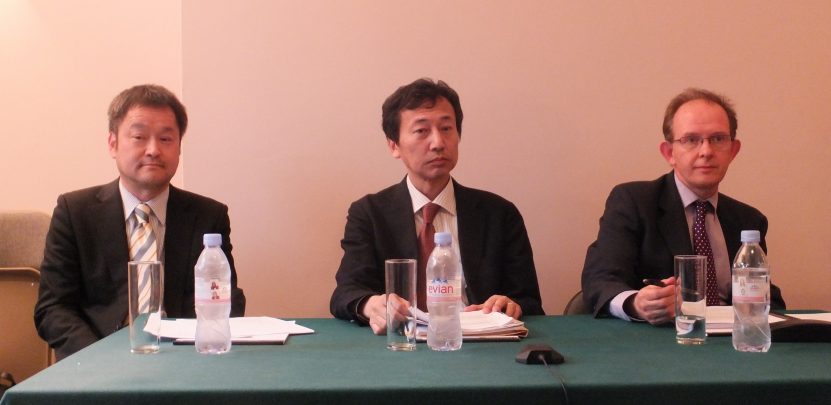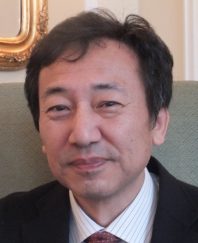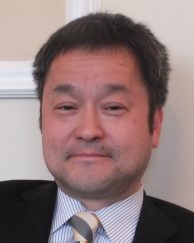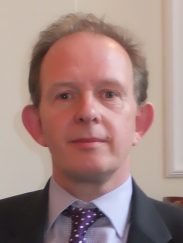 Seminar Series 2016
Seminar Series 2016Friday 22 April 2016
6:00pm – 7:30pm
Economic Implications of Disaster Reconstruction: 5 years after the Great East Japan Earthquake
Drinks reception from 7:30pm
13/14 Cornwall Terrace, Outer Circle (entrance facing Regent's Park), London NW1 4QP
Organised by the Daiwa Anglo-Japanese Foundation
2015 saw the conclusion of the five-year “Concentrated Reconstruction Period”, initiated and funded by the Central Government’s Reconstruction Agency. The next five-year plan commencing in April 2016 will focus on “Reconstruction and Revitalisation”, spearheaded by local governments in Tohoku and Fukushima. Attention will now be on recovering a radiation-free environment and redeveloping a sustainable local economy, revitalising the disaster area for future residents. But should more money be spent on regenerating an area that was already in decline before the Great East Japan Earthquake in 2011?
The practical and effective use of the reconstruction budget is a sensitive issue, polarising Japanese public opinion. Some argue that as Tohoku was already depopulating and the area will never be ‘reconstructed’ in any true sense, it is unwise to invest taxpayers’ money in redevelopment. Others believe that people have the right to return to their homes, and that the government has a duty to support them financially by reconstructing local economy and infrastructure. Economic investment, it is argued, provides hope to those displaced that someday they can return to the homes they once knew.
In this seminar, we discuss the economic implications of disaster reconstruction, and how to find a balance between practicality and hope.
You can read a summary of the seminar via the button below:
Summary, PDF
About the contributors

Hiroshi Suzuki
Hiroshi Suzuki is Chief Project Manager of the Nuclear Safety Research Division (Reconstruction and Revival Group) at Mitsubishi Research Inc. Between 1998 and 2002, he led the secretariat of the committee of Japan Utilities for the International Maritime Organisation and the Transport Safety Standards Committee (TRANSSC) at the International Atomic Energy Agency (IAEA). Since the accident at the TEPCO’s Fukushima Daiichi power plant, he has been engaged as a radioactive materials expert to help orchestrate off-site response actions, including creating guidelines for the treatment of radioactive waste material and numerous waste reduction projects across Fukushima Prefecture.

Dr Yuji Genda
Dr Yuji Genda is a Professor at the Institute of Social Science at the University of Tokyo. His research focuses on labour economics; his current interest is in the impact of the Great East Japan Earthquake of 2011 on long-term employment and employment policy in Japan. Dr Genda has published widely in both Japanese and English in professional and academic journals, including “Jobless Youths and the NEET Problem in Japan,” Social Science Japan Journal, “Future Employment Policy Suggested by the Post-Earthquake Response,” Japan Labor Review and “Hope and Society in Japan,” Hope and the Economy, forthcoming. He is also a regular contributor to the online publication Nippon.com.

Henry Tricks
Henry Tricks is the Energy and Commodities Editor at The Economist. He joined the publication as Capital Markets Editor in January 2006, and became Finance Editor later that year. He was Tokyo Bureau Chief from August 2009 until April 2013, and Bureau Chief for Mexico and Central America from 2013 to 2015. Before joining The Economist he wrote for the Financial Times in London, was FT Bureau Chief in Mexico, and worked for Reuters in America, Mexico and Central America. For The Economist he has written special reports on the Pacific Rim, Japan, and global investment banking.